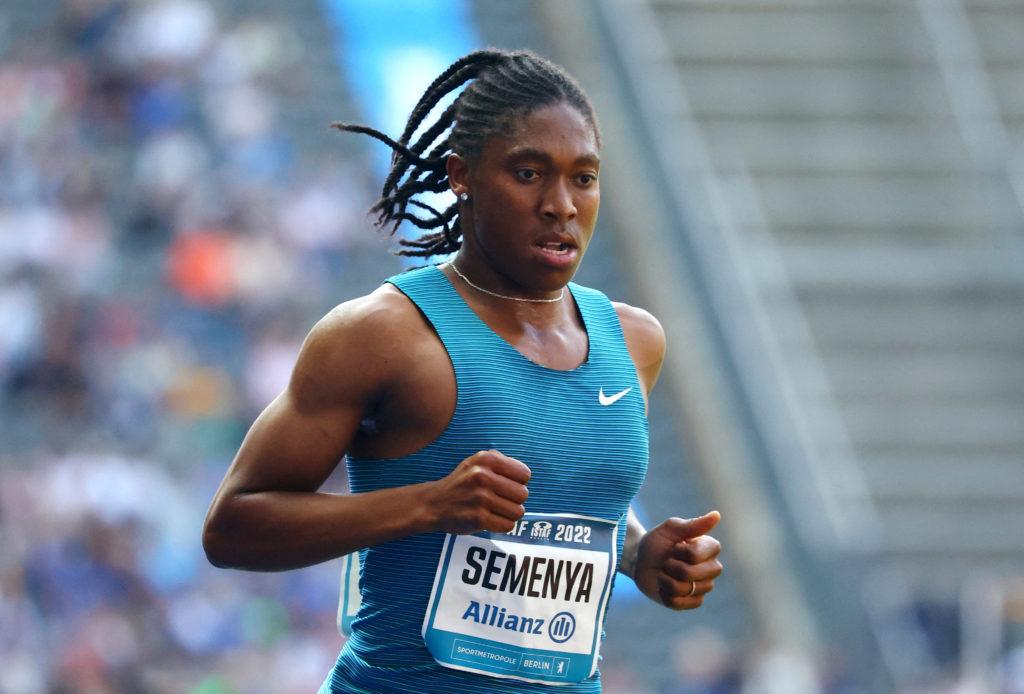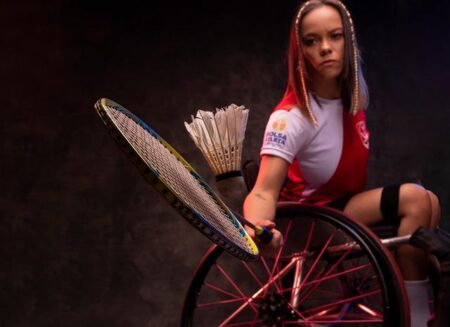A newly released United Nations report has reignited the contentious debate surrounding the participation of transgender athletes in women’s sports, underscoring concerns that many critics have long voiced. Highlighting issues related to fairness, competitive balance, and the integrity of female athletics, the report signals a growing international acknowledgment of challenges faced by women’s sports in accommodating trans athletes. As this topic continues to provoke heated discussions worldwide, the UN’s findings have added a fresh layer of urgency to calls for clearer regulations and policies.
UN Report Confirms Concerns Over Fairness in Women’s Sports
Recent findings from the United Nations have underscored the growing tensions surrounding the inclusion of trans athletes in women’s sports. The report highlights concerns that many advocates have voiced for years – that the current policies may inadvertently undermine the core principle of fair competition. With athletic performance often influenced by physiological factors, the presence of trans women competing against cisgender women raises questions about potential disparities in strength and endurance. This report doesn’t merely point to isolated incidents; instead, it presents a comprehensive analysis suggesting systemic challenges within the global sporting community.
Key issues detailed in the report include:
- Unequal competitive advantage impacting fairness in track and field, swimming, and weightlifting.
- Ambiguities in eligibility criteria leading to inconsistent enforcement across sports organizations.
- Psychological effects on cisgender athletes feeling marginalized or at a disadvantage.
| Sport | Reported Fairness Concerns | UN Recommendations |
|---|---|---|
| Track & Field | Physical strength disparities | Review hormone-based eligibility |
| Swimming | Endurance advantage debate | Standardize testing protocols |
| Weightlifting | Muscle mass and power output | Introduce age and transition period guidelines |
Impact of Transgender Athlete Participation on Competitive Balance
Recent findings underscore a growing concern within women’s sports: the inclusion of transgender athletes is significantly altering the competitive landscape. Critics argue that physiological advantages stemming from male puberty-such as increased muscle mass, bone density, and cardiovascular capacity-are not fully mitigated by hormone therapy, leading to disparities that challenge the fairness principle integral to female competitions. This perceived imbalance has sparked debates among athletes, coaches, and governing bodies over how to uphold equitable participation without discrimination.
The intricacies of these issues can be summarized as follows:
- Physical Advantages: Persistent physiological benefits despite transitioning.
- Competitive Integrity: Concerns about maintaining a level playing field.
- Policy Challenges: Struggles to craft inclusive but fair regulations.
| Factor | Impact on Competition |
|---|---|
| Muscle Mass Retention | Increased strength despite hormone treatment |
| Bone Density | Greater structural support and injury resistance |
| Endurance Capacity | Enhanced oxygen transport and stamina |
Voices from the Field Highlight Safety and Inclusivity Challenges
Frontline coaches, athletes, and officials across various sports disciplines have voiced increasing concerns regarding the integration of transgender athletes in women’s competitions. Many emphasize that the disparity in physiological traits presents tangible risks, not just in fairness but in physical safety during contact sports. Reports from track and field, wrestling, and mixed martial arts highlight incidents where female athletes experienced heightened injury risks and altered competitive dynamics. Safety protocols, they argue, have yet to adequately adapt, sparking calls for clearer guidelines that protect both inclusivity and the integrity of women’s sports.
In addition to safety concerns, voices from the field repeatedly stress the emotional toll on cisgender female athletes. Feelings of frustration and exclusion have surfaced, fueling debates about equitable participation and respect within locker rooms and competition venues. These real-world testimonies outline a complex conflict that a singular policy framework struggles to address. Below is a summary of key issues identified by sports insiders:
| Issue | Reported Impact |
|---|---|
| Physical Safety | Increased injury risks during contact events |
| Competitive Fairness | Cisgender women facing disadvantages in strength and speed |
| Emotional Well-being | Feelings of exclusion and demoralization |
| Policy Ambiguity | Lack of consistent enforcement across governing bodies |
Policy Recommendations Aim to Restore Integrity in Women’s Athletics
In response to the growing concerns highlighted by recent studies and the UN report, lawmakers and sports organizations are pushing forward a set of policy recommendations designed to safeguard the fairness and integrity of women’s sports. These measures emphasize the necessity of establishing clear eligibility criteria based on biological sex, ensuring that female athletes are not placed at a competitive disadvantage. Advocates argue that implementing rigorous hormonal benchmarks and transition period mandates will help maintain a level playing field while respecting all athletes’ rights.
Key policy proposals currently gaining traction include:
- Strict testosterone level requirements for participation in women’s events
- Verification protocols to confirm athlete eligibility without infringing on privacy
- Dedicated women’s categories with transparent regulations and enforcement policies
- Regular review panels combining medical expertise and sports governance
| Policy Measure | Objective | Projected Impact |
|---|---|---|
| Testosterone Threshold | Maintain hormonal fairness | Enhance competitive equality |
| Eligibility Verification | Ensure compliance with rules | Build trust in competitions |
| Review Panels | Adapt policy as science evolves | Keep regulations up-to-date |
Key Takeaways
In conclusion, the latest UN report brings renewed attention to a contentious issue that has long divided public opinion and sporting communities alike. As debates around fairness and inclusion in women’s sports continue to intensify, this development underscores the urgent need for clear, evidence-based policies. Stakeholders from athletes to governing bodies must navigate these complex challenges to uphold the integrity of competition while respecting the rights of all participants. The conversation is far from over, but with the UN’s findings now on the table, the path forward demands thoughtful dialogue and decisive action.





